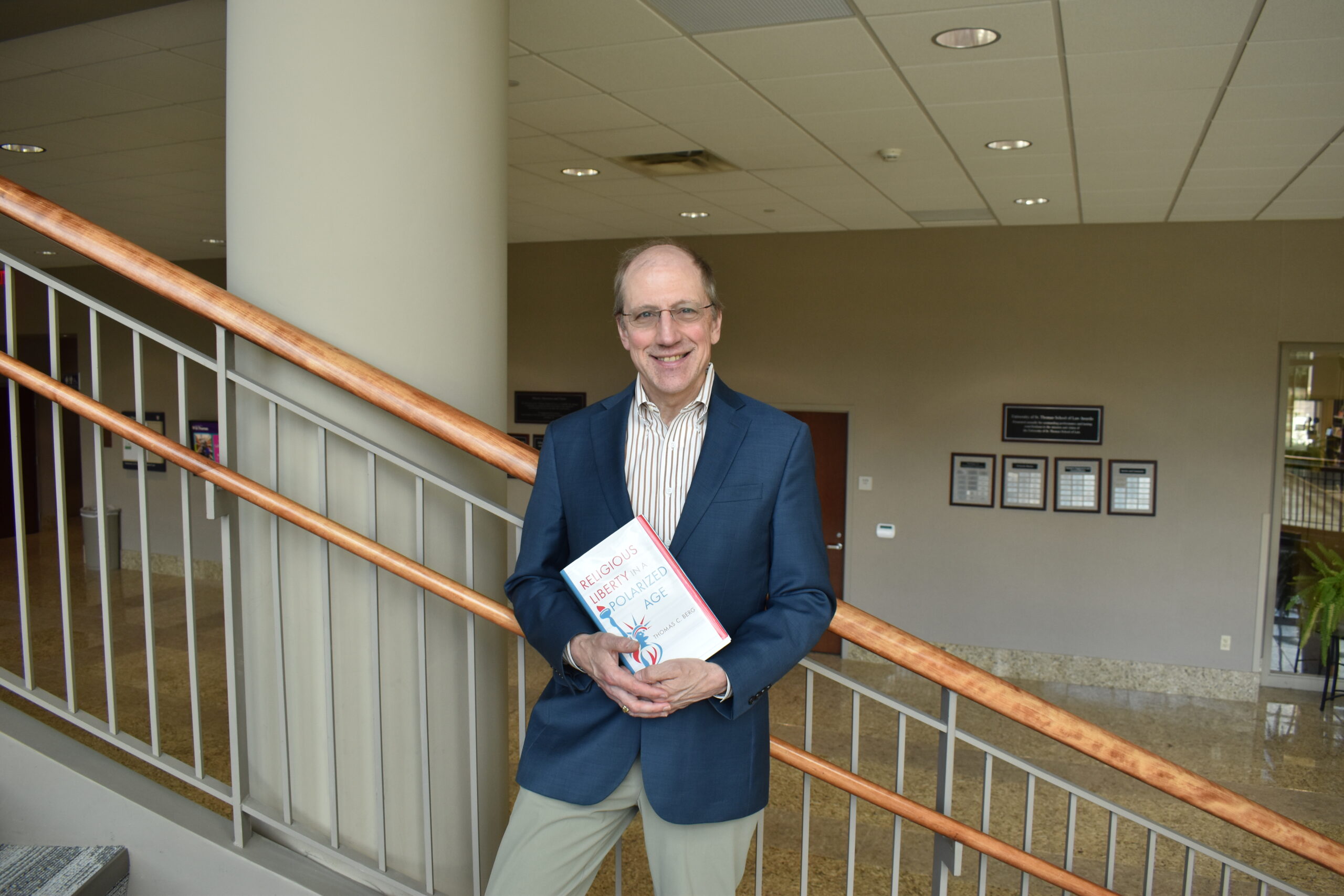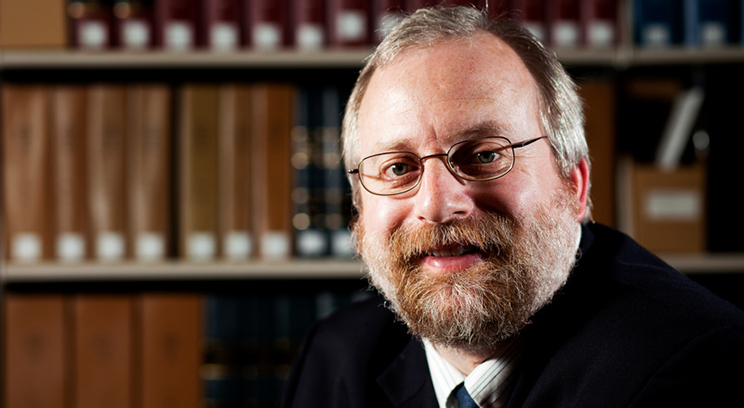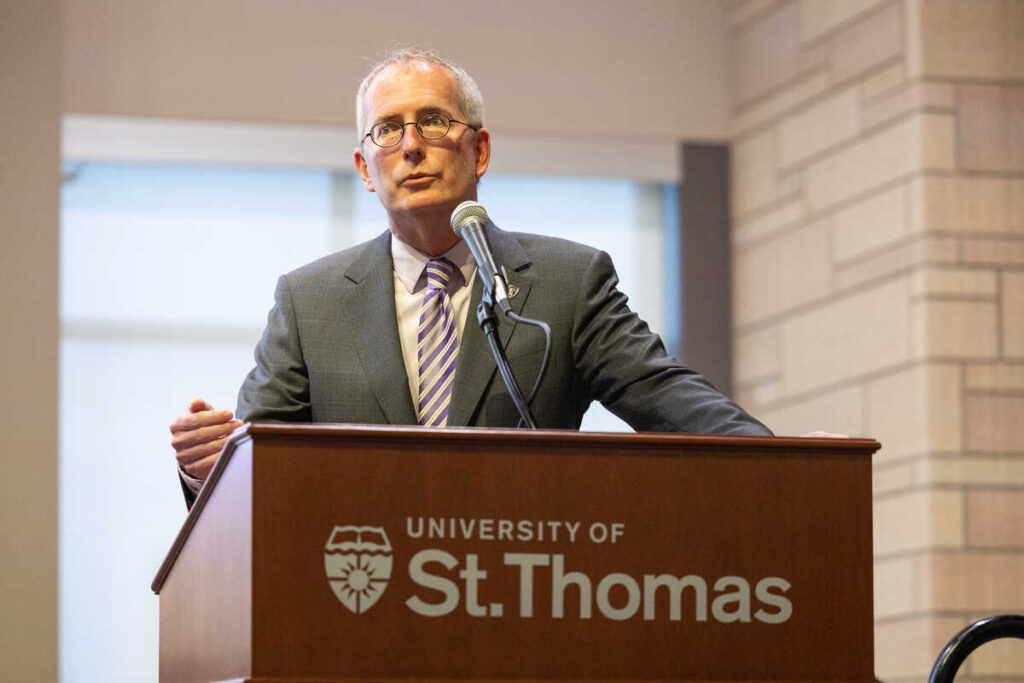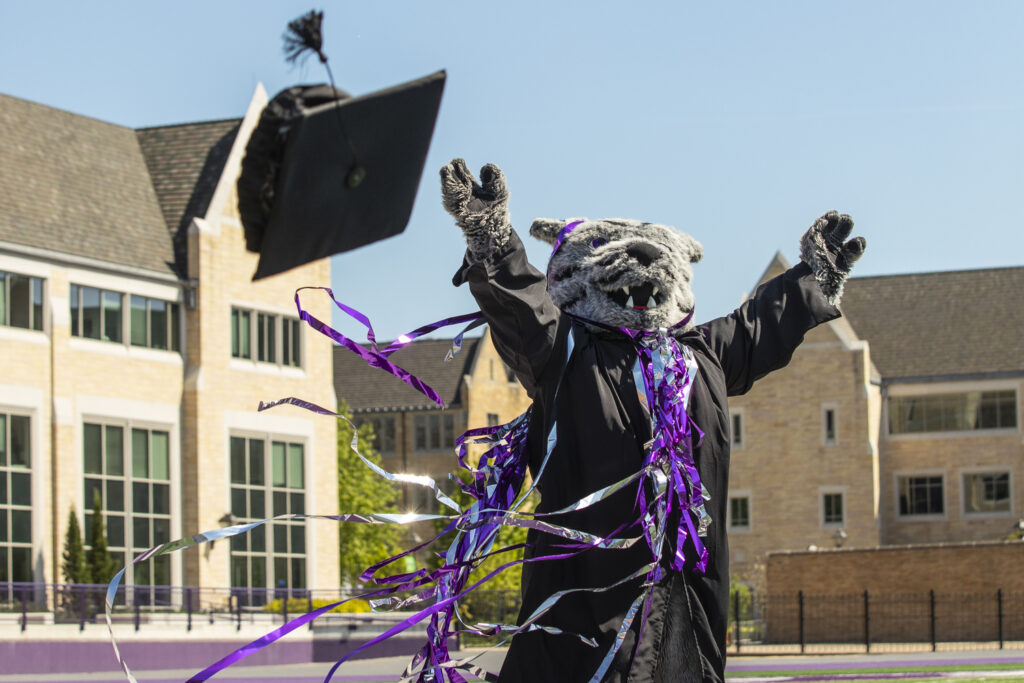In his new book, Religious Liberty in a Polarized Age (Eerdmans), law school professor Thomas Berg discusses religious freedom in America during a time of political and social polarization, when the right to practice and express one's faith faces threats from both progressives and conservatives. Berg writes that religious liberty can be part of the cure for our country's political division and he says it is necessary, now more than ever, to protect it.
"In the book, I argue that it’s sad and ironic that religious-liberty disputes should inflame polarization," he said. "One of the chief historic purposes of religious liberty, after all, has been to reduce polarizing fear and resentment.
"Religious liberty arose in the West precisely to halt the cycles of intergroup violence—among Protestants, between Protestants and Catholics—in which people on each side feared that the other would punish or penalize them for living according to their deepest beliefs. Religious liberty provides security against such threats, reducing the perceived need to attack those who you believe threaten you. It thus helps people of fundamentally differing views to coexist."
Berg says he wrote the book to help change the way lawmakers and average citizens view religious liberty—their own freedoms and those of others—and to help the country be less divided on the issue.
"A shared commitment to religious liberty obviously will not end polarization," he said. "But it can help keep polarization from spiraling out of control—if the commitment is strong, treats all faiths equally and remains mindful of other interests. Today, religious freedom can play its historic role of countering cycles of suffering, fear and resentment."
Protecting all faiths equally, Berg argues, requires protecting both Muslims and religious conservatives, groups that have faced recent threats. And acknowledging other important interests, he says, calls for protecting both LGBTQ claimants and religious objectors, through nondiscrimination laws combined with significant religious exemptions. A positive example, Berg says, is the recent federal Respect for Marriage Act, which protects both same-sex marriages and conservative religious organizations. Berg and a group of three other law professors provided analysis that helped that statute get Republican votes and pass Congress.
Professor Berg is one of the nation's leading experts on religious liberty and law and religion. He is the author of six books, including a leading casebook, Religion and the Constitution (with Michael McConnell and Christopher Lund, Aspen Publishing). He has written numerous book chapters, journal articles, op-eds and shorter pieces on religious freedom, constitutional law and the role of religion in law, politics and society. His work has been cited multiple times by the U.S. Supreme Court and federal courts of appeals. Berg also leads St. Thomas Law's Religious Liberty Appellate Clinic.
An event to celebrate the publishing of Religious Liberty in a Polarized Age will be held Sept. 28 at the law school. It will be co-hosted by the Murphy Institute for Catholic Thought, Law and Public Policy and the Initiative on Restorative Justice and Healing







